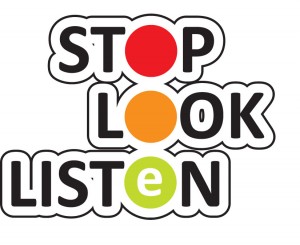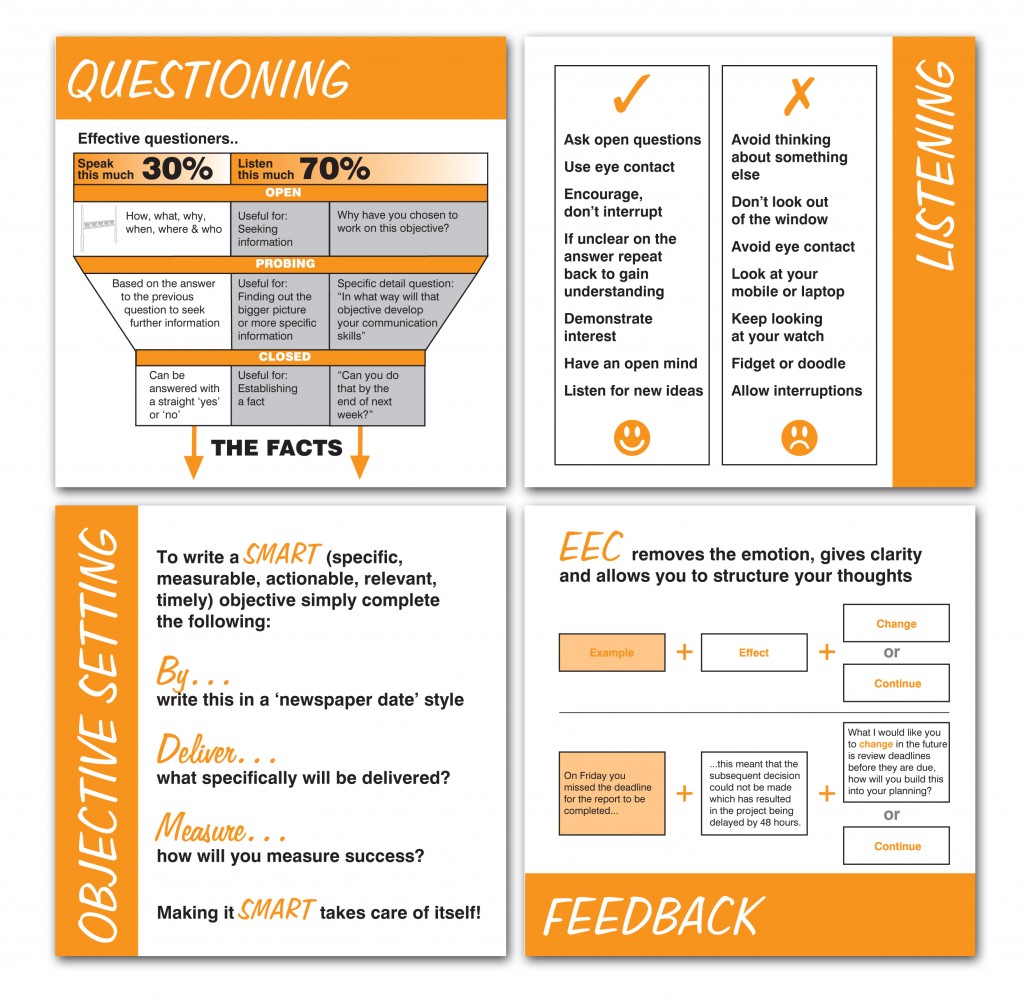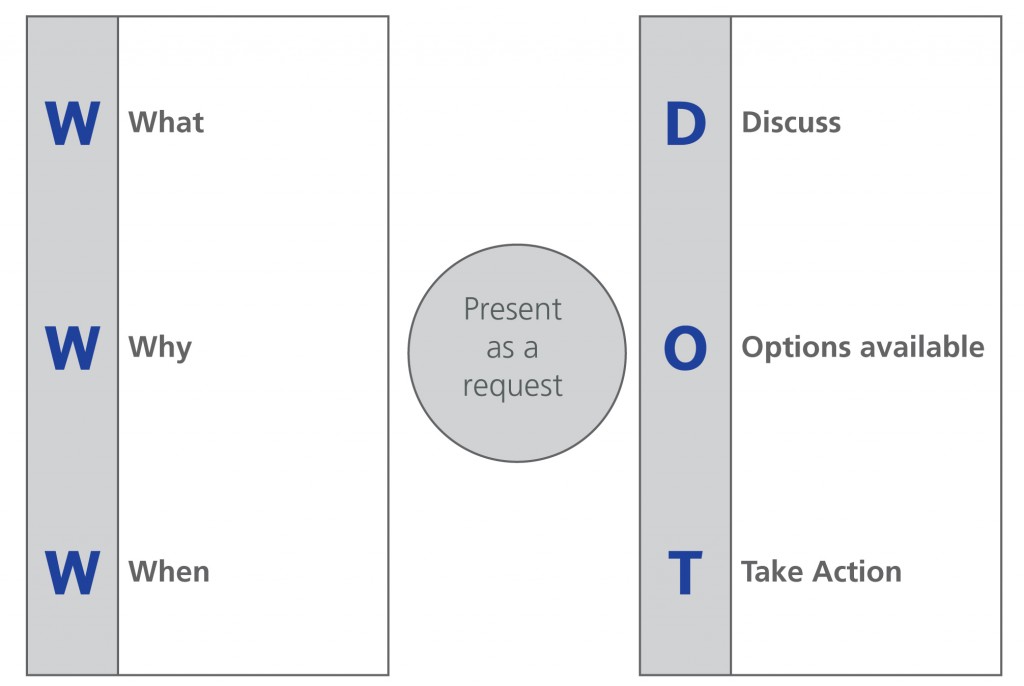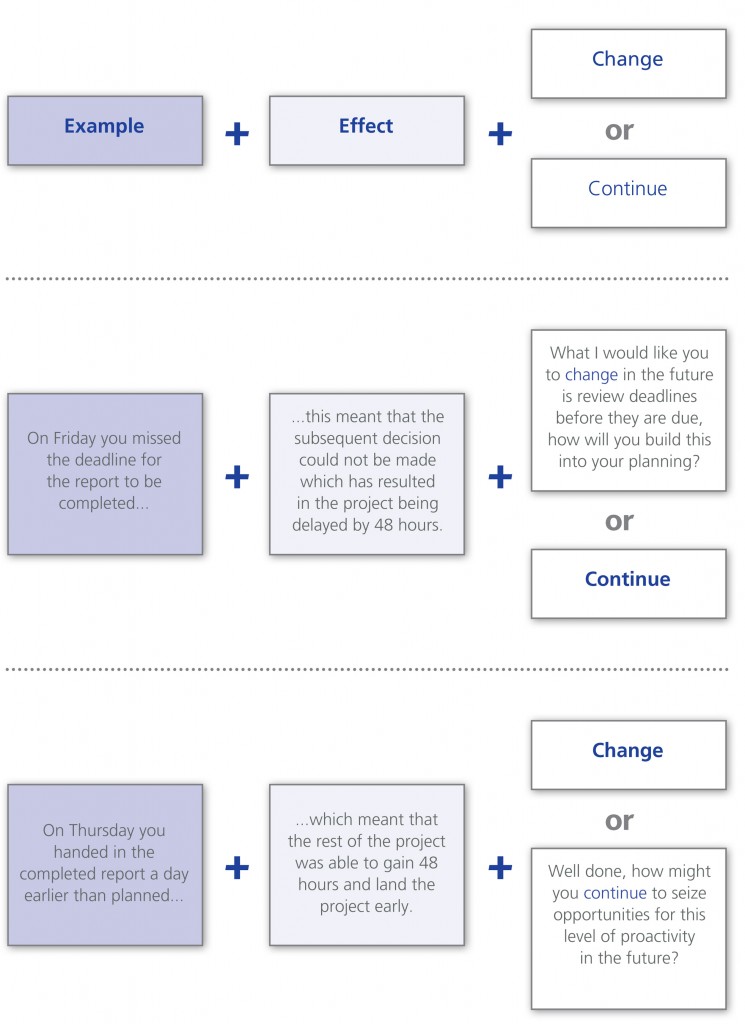 As technology continues to advance face to face communication is often seen as a thing of the past, there are great advantages to the technological improvements however it also makes it more challenging to get to know the ‘real people’ in your team.
As technology continues to advance face to face communication is often seen as a thing of the past, there are great advantages to the technological improvements however it also makes it more challenging to get to know the ‘real people’ in your team.
Whether your communication is face to face, by email or Skype there are a few easy steps you can take to get to know your real people and develop stronger more effective relationships. I am not suggesting everyone becomes best friends, I am however suggesting you get to know your real people as from experience if you don’t you are missing out on getting the best from them.
My approach is simple STOP, LOOK and LISTEN…
STOP
- Take the time to reflect on each person in your team, what do you already know about them – what are their family circumstances, how they spend their spare time, what hobbies do they have. If you don’t know find out as in itself it can indicate what they enjoy
- Consider why are they doing what they do – ‘what is in it for them’, what motivates them to come to work each day – caution here do not assume that everyone’s reason is the same – money. I have worked with people whose work is their family; yes of course they need to earn money however it is actually secondary to the need to belong
- Show an interest, ask a question that requires more than a one word answer e.g. ‘what plans have you got for the weekend’ and please don’t ask the question and walk away.
LOOK
- Look for the signs that things are different – you can tell so much by really observing people yes it is easier face to face, however you can also pick up so much from an email by the language used if you look for it. Look for the reason to compliment or just check in with them to make sure they are ok and that you care enough to ask
- Look for reasons to compliment – share an example of what they did that pleased you, what was the positive effect and encourage them to do more
- Look for opportunities to do things that show you care – a birthday card, thank you card or just say thank you.
LISTEN
- You can find out so much by ‘listening’, not superficially what I am talking about is ‘really listening’. Picking up on the snippets of information that will help you to understand them better
- Listen out for the sporting teams they support make a point of checking how they did – you then know whether to celebrate or sympathise with them the next day
- Listen to their career aspirations and help them to achieve them – don’t prevent them so they stay with you because they will leave anyway and everyone misses out.
The reality is people respond better if they feel you are interested in them. Your investment to get to know the ‘real people’ will deliver rewards. You will know what motivates them, you will understand what makes them happy and when the going gets tough your relationship enables you to get that much needed buy in.
What hasn’t changed is – excellent communication to get to know people whatever the medium is the key to sustained success it’s about investing the time to STOP, LOOK and LISTEN.











